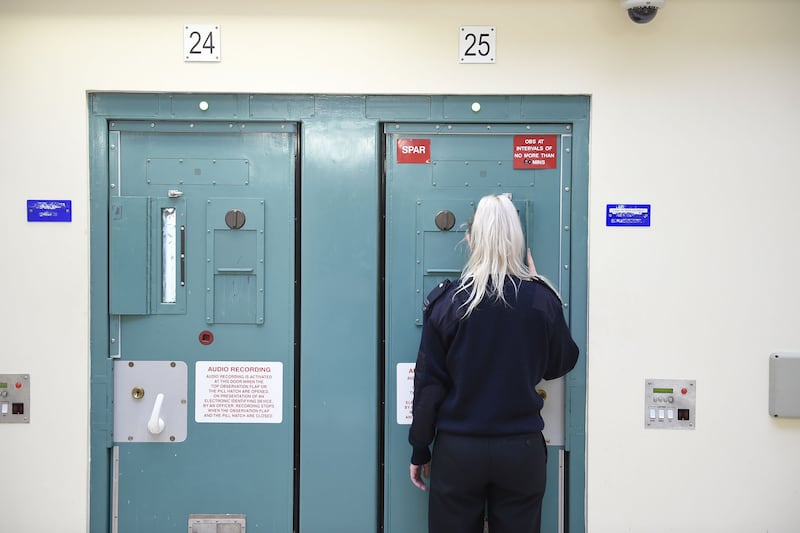Victims and survivors of sexual offences have expressed great distress over sentences handed down, an MLA has said as it emerged less than 8% of convictions led to five years or more.
The percentage receiving the heavier sentence, which can include time behind bars and on licence, is the lowest in 10 years, though the number of convictions has increased.
Out of 309 convictions in 2022, 24, or 7.8%, ended with sentences of five years or more, according to the figures released following an assembly question by East Derry MLA Cara Hunter.
“I asked this question of the justice minister after speaking with victims and survivors of sexual offences who have expressed great distress at the sentences handed down to those found guilty of offences against them,” the SDLP MLA said.

“For a victim to come forward is often a harrowing ordeal, made even more difficult by having to navigate our justice system and I know that many have been left feeling retraumatised and let down.
“Given the seriousness of sexual offences and the life-long impact these attacks have on victims it is concerning that only 7.8% of convictions led to custodial sentences over five years in 2022.
“It is also significant that between 2013-2022 the highest number of sexual convictions were the 309 recorded in 2022, but that year also had the lowest sentences over five years during this period.”
The number of convictions rose from 205 in 2013 to over 300 in 2022, though the figures have fluctuated over the decade. In 2014, the percentage receiving the heavier sentences was close to 20%.
Of just over 2,000 convictions of sex offences over the last 10 years, a total of 240 received sentences of five years or more.
Increased numbers behind bars is putting more pressure on the Prison Service. The total population has increased at a rapid rate in recent years, with a count on March 1 of 1,879, a 34% rise from the 1,401 behind bars on the same day three years ago.
However, it has emerged close to 40% of all inmates were on remand late last month.
Justice Minister Naomi Long previously said it would be “grossly unfair” to place the burden and responsibility of increasing inmate numbers solely on the Prison Service.

In a statement on the sentencing for sex offences, a Department of Justice spokesperson said: “‘Sentencing in individual cases is a matter for the independent judiciary. The sentencing exercise is a complex one requiring careful consideration by the sentencing judge of all the unique evidence presented in the case as well as consideration of any relevant sentencing guidance.”
Retired senior PSNI officer Jon Burrows believes sentencing is weak in sex offence cases where victims “already suffer from serious delays” before the cases come to trial or the defendant pleads guilty.

“Too often a defendant gets credit for a guilty plea that is only entered at the last minute, such late minute pleas do not spare victims the ordeal of a lengthy criminal justice process and should receive no credit,” Mr Burrows said.
Analysis of publicly available reports of sentencing in cases of possession of indecent images of children suggest many do not receive any custodial sentence.
“I have been appalled at the level of sentencing for possession of indecent images of children also in recent years,” Mr Burrows said.
Ms Hunter noted the increased number of convictions, which she hoped was due to more victims of sexual offences coming forward and a belief they will be “treated fairly, but that is negated by the length of sentences being handed down”.








